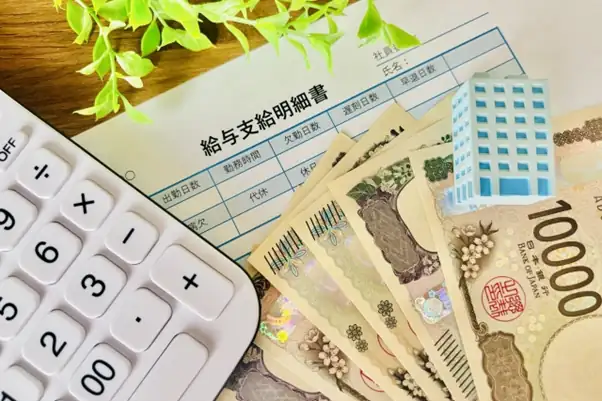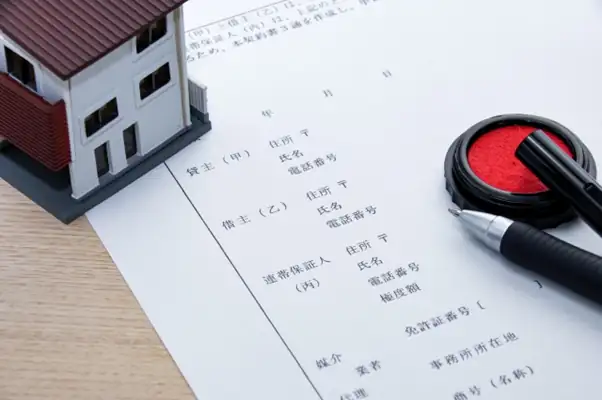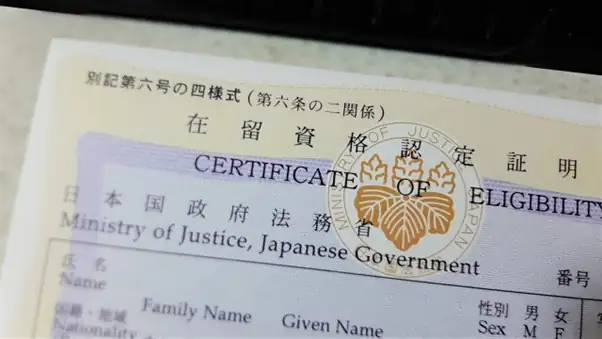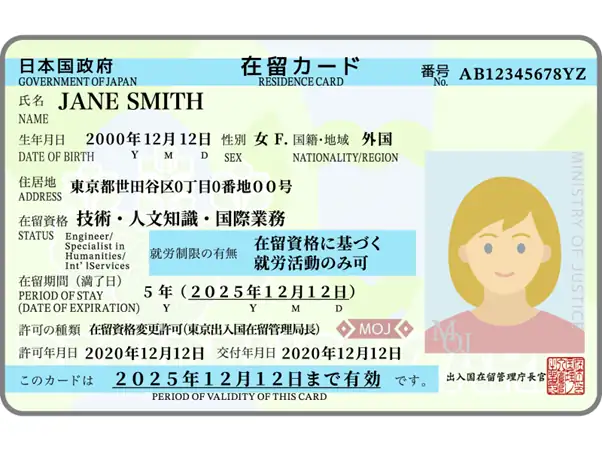In recent years, the number of foreign residents in Japan has been steadily increasing. However, renting a room in Japan requires passing a rental screening process, and the rules for rental properties can be strict. As a result, many foreigners may find this process to be a significant hurdle.
In this article, we will outline the key points that can help foreigners successfully pass the rental screening and provide important tips to keep in mind when renting in Japan. We hope you find this information useful.
At Village House, we actively welcome foreign tenants to our rental properties. Additionally, our call center is staffed with foreign representatives, so even those who are not fluent in Japanese can contact us with ease. If you’re looking for a rental property, please feel free to visit our website.
Ability to communicate in Japanese

To pass the rental screening, a conversational level of Japanese fluency is important.
What you should pay particular attention to is whether you can effectively communicate in Japanese. While the criteria for judgment can be somewhat vague, many property owners feel that being able to speak at a daily conversation level is sufficient.
However, suppose you cannot speak Japanese at all and struggle to understand when someone speaks the language. In that case, you are more likely to face difficulties in the screening process, especially if the property owner, management company, or rent guarantee company does not offer multilingual support.
The main reason for this is that effective communication is essential if any issues arise after moving in. Property management companies are responsible for maintaining and managing the property.
For instance, they need to notify tenants about fire equipment inspections or make urgent phone calls in case of emergencies. If you are unable to communicate in Japanese, it may be difficult to convey important information, which could lead to problems.
Additionally, a good understanding of the Japanese language is necessary to fully comprehend the details of the rental contract. By focusing on improving your listening and speaking skills in Japanese before applying for a rental property, you will increase your chances of passing the rental screening.
Ability to prove that you can pay

Proving your financial viability is a crucial factor in the rental screening process. Regardless of your nationality, it will be difficult to pass the screening if your income is unstable.
To ensure you are prepared, make sure to have your pay slips and withholding tax slips from your employer ready. In some cases, real estate companies may also request a certificate of employment.
If you have a job but haven’t started working yet, ask your employer for an employment certificate. During the screening, the focus will be on whether you can consistently pay the rent each month, so being well-prepared is essential.
Find a guarantor

When it comes to Japanese rental contracts, a guarantor is required to cover the rent if you fall behind on payments. Typically, this is a relative with a stable income. It is also believed that Japanese people are more likely to be accepted as guarantors during the screening process.
However, even if you ask a friend or acquaintance in Japan, it can be difficult to find someone willing to take on this financial responsibility. If you are unable to secure a guarantor, it’s recommended to use a “guarantor company,” which will act as your guarantor for a fee.
Have the Certificate of Eligibility for residence status

When applying for a rental property, you will need to prove that you are a legal resident of Japan. To do so, be sure to prepare a Certificate of Eligibility, which you can submit when needed.
The Certificate of Eligibility is a document that verifies that your activities in Japan are per your residence status. Having this certificate will help streamline your visa application process and simplify your immigration procedures.
Typically, the application is submitted by the receiving institution, such as a company or school, to the Regional Immigration Bureau. Once the certificate is issued, it is sent to the receiving institution and then forwarded to the foreign national abroad.
Please note that starting from March 17, 2023, the procedure for the Certificate of Eligibility will be digitized. This means you will be able to receive it via email, making the process faster and more convenient.
Reference: Ministry of Justice Immigration Services Agency, Regarding electronic certificate of eligibility
Getting a residence card issued

During the rental screening process, your Japan residence card may be requested, along with your Certificate of Eligibility. A residence card is an identification card issued to foreign nationals who are staying in Japan for a medium to long-term period.
When a person enters Japan for the first time to stay for more than three months, they will undergo immigration inspection at one of the following locations: Narita Airport, Haneda Airport, Chubu Centrair International Airport, Kansai Airport, New Chitose Airport, Hiroshima Airport, or Fukuoka Airport or Port. Upon approval, they will be issued a residence card immediately.
However, if you are already in Japan and need to change or renew your residence status, you must complete the procedure at the Regional Immigration Bureau. After receiving your residence card, you are required to register as a resident at your local municipality within 14 days.
Reference: Ministry of Justice Immigration Services Agency, Procedures for Entry/ Residence
Essential tips for foreigners to avoid issues in rental properties

- Check the contract details
The rental contract includes detailed information about initial costs, tenancy rules, renewal procedures, and conditions for moving out. Since the contract is written in Japanese and contains many technical terms, it can be difficult for foreigners to fully understand it.
However, the contract contains crucial information, so it’s important to ask the real estate company any questions you may have. Be sure to thoroughly review and understand the contents before signing.
- Follow the garbage separation rules
There are strict rules for garbage disposal in Japanese rental properties. The methods, dates, times, and sorting requirements can vary from property to property, so be sure to check the guidelines when you move in.
This is especially important in condominiums and apartments, where putting out garbage outside of the designated time can lead to it being scattered by crows or cats. To maintain a clean and comfortable living environment and avoid unnecessary issues, please make sure to follow the rules and properly separate your garbage.
- Do not let anyone other than the contracting party live in the room
Cohabitation or subleasing is generally prohibited for single tenants in Japanese contracts. Sharing a room with a friend or renting out a room to a stranger is considered a violation of the contract. If such violations persist, the management company or real estate agency may ask you to move out.
Additionally, if room sharing or subleasing is discovered, legal actions such as contract termination and claims for damages may be pursued. Therefore, regarding rental properties designated for single tenants, please ensure that no one other than the person who signed the contract resides in the room.
- Report any equipment failures
If equipment such as air conditioners, gas stoves, or lighting breaks down in a rental property, the landlord generally covers the repair costs. However, if you attempt repairs on your own or neglect the issue, you may not be reimbursed for the repair costs, or you may incur additional charges when moving out.
Therefore, it is important to contact the management company or landlord immediately if you notice any equipment malfunctions. However, if the breakdown is caused by tenant negligence, the tenant will be responsible for the repair costs. To avoid any issues, always consult with the management company or landlord regarding warranties or malfunctions of the equipment.
- Inform in advance when moving out
You are generally required to notify the real estate company or landlord one to two months before your planned move-out date when moving out of a rental property. However, the notice period and method may be specified in your contract, so be sure to check the details in advance.
If your contract includes a special clause regarding “advance notice of termination,” you must follow the terms outlined in that clause. Additionally, you may be required to submit your termination notice in writing, so be sure to follow the procedures specified in the contract.
Related column: A Foreigner’s Guide to Renting in Japan: Common Pitfalls to Avoid
At Village House, one in five of our rental properties is occupied by foreign residents. If you’re looking for a rental property in Japan, feel free to contact us for assistance.
Related articles:
- Moving to Japan? Things You Should Know About Renting in Japan
- Top 10 Changes Happening in Japan That Foreigners Should Know About
- A Foreigner’s Guide to Renting in Japan: Common Pitfalls to Avoid
- Top reasons why your rental application is getting rejected
- Rules for Foreigners in Japan

Hello, I’m Machiko Doi, a freelance writer who writes about housing and living in Japan.
I live in an 80-year-old house that I inherited from my grandparents along with my two shelter cats and daughter.
We live a relaxed life while repairing the house.
I like to cook vegetables from the garden and fresh fish caught by my father, and enjoy them with cold beer on a hot day or hot sake on a cold day.



